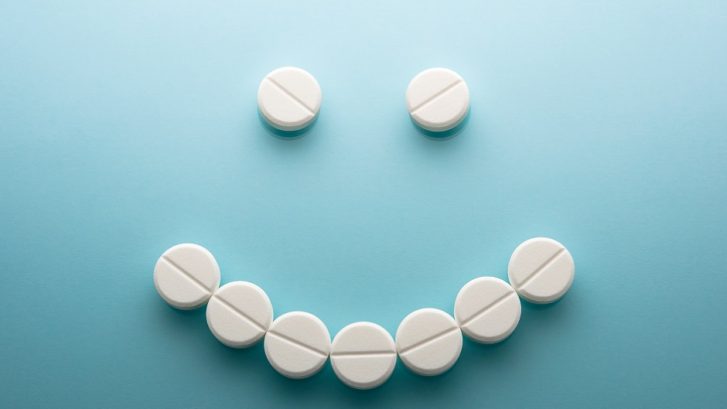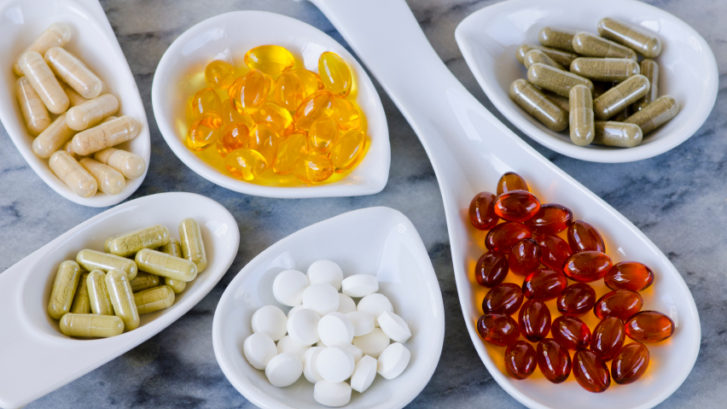Feeling kind of blah lately? Not as much energy as you had all summer? Not so willing to drag yourself to parties, or even out of bed? What about swimming? Tennis? Volleyball? Can’t think of even one good reason to chase a little white ball around with a stick when they couldn’t keep you off the course all spring and summer?
Maybe you’re depressed. Or maybe you’re just normal. We here at MD 2.0 Jupiter often begin to notice a subtle change in many of our clients around this time of year, even here in Florida, where we don’t have to face the extreme plunges in temperature. Nothing serious, just a little less enthusiasm, a bit less cheerfulness, a little less energy. Carb cravings and changes in sleep patterns are also a part of the syndrome. It doesn’t happen to everyone, but if you’re feeling something less than your usual perky self, rest assured there’s a scientific reason for it.
It has several names: “winter depression,” “seasonality,” “seasonal affective disorder (SAD),” but the fact is, researchers have determined that the shorter days in winter are the chief cause of winter blues. This likely has an ancient-survival connection, as humans learned to restrict activity when food sources were scarce. Of course, that’s not a problem today, but the tendency may still be hardwired into our biology, and people may experience symptoms on a sliding scale from barely noticeable to full-blown clinical depression.
Your body’s circadian clock, which triggers sleep and wake cycles among other bodily regulatory mechanisms, also decrees the output of serotonin, the so-called “mood” hormone. Studies have revealed that the circadian-related output of serotonin drops markedly with the decrease in light during the winter. This has led to fairly successful attempts to boost the winter mood of sufferers with light-box therapy, which employs specially built full-spectrum lamps to alleviate symptoms.
If you feel the “winter blues” are impacting your life, your concierge practitioners at MD 2.0 Jupiter can help you employ the correct light therapy, prescribe such antidepressants as generic Paxil at a low price and Prozac, or recommend cognitive behavioral therapy. Meanwhile, there are steps you can take to mitigate milder cases.
1. Stay active, preferably outdoors
Exposure to early morning light has been shown to be the most effective at reducing symptoms, as has vigorous exercise. An early morning walk or run might be all you need to boost your spirits.
2. Light up your life
If you can’t get outside, at least let the sunshine in as much as possible. Open blinds and drapes first thing in the morning, and keep them open all day.
3. Eat right
Yes, we’re still singing that same ole song, because it’s important. Simple carbs and sugars wreak havoc with your blood sugar, and hence, your mood. Lean meats, fruits, vegetables and complex carbohydrates are what your body needs to keep your brain in top shape.
Meanwhile, be sure to let us know if your low mood begins to interfere with your daily functioning. We can help.










